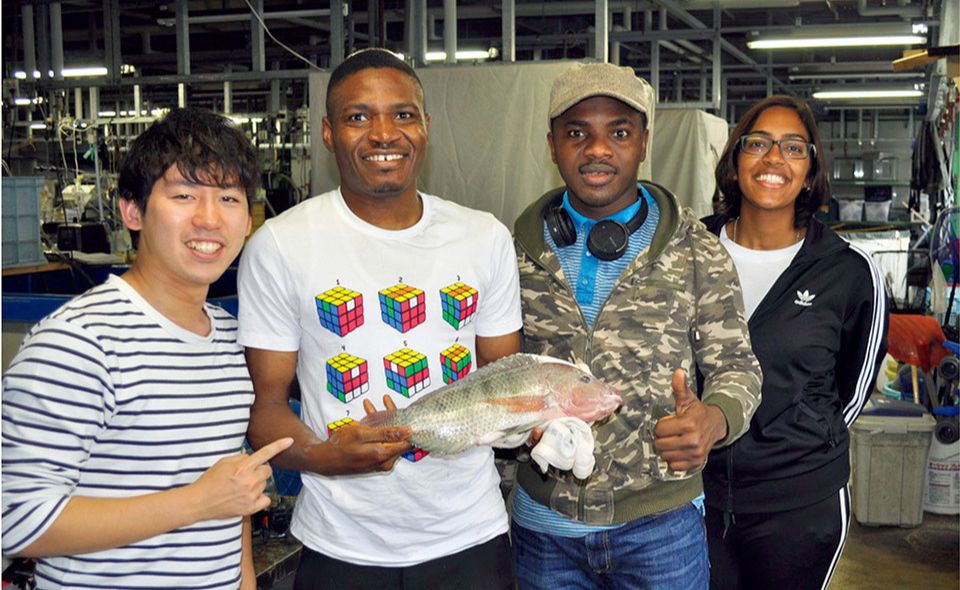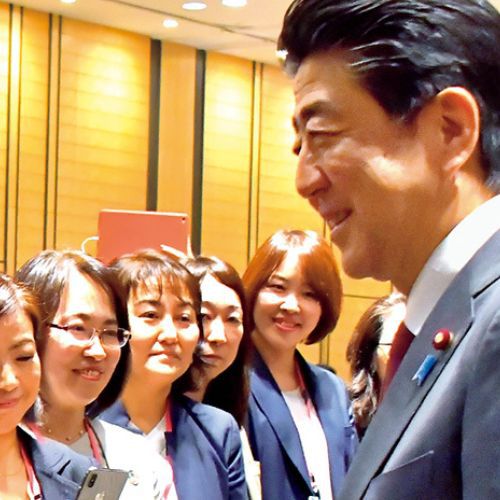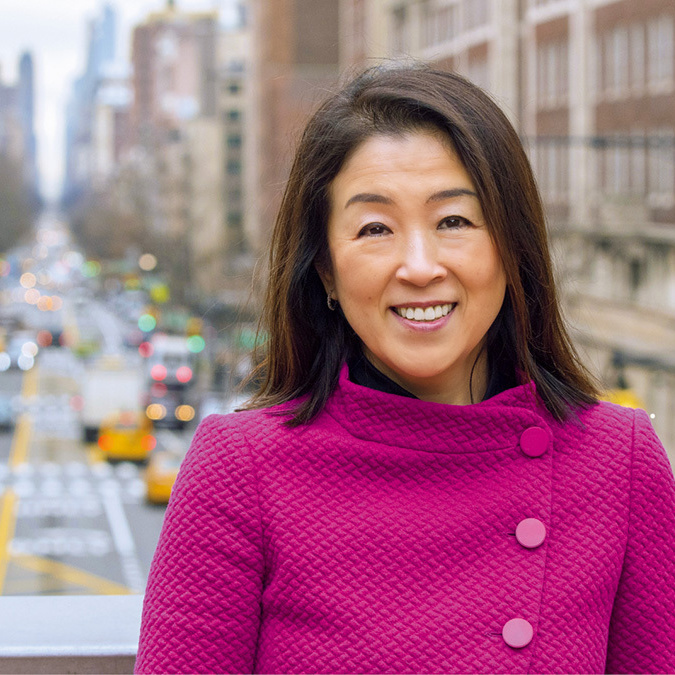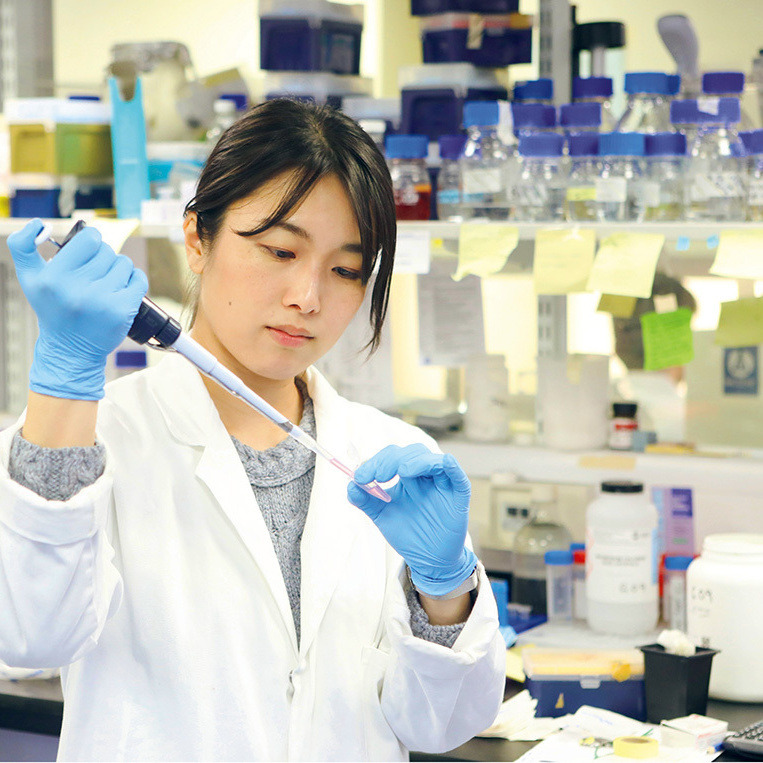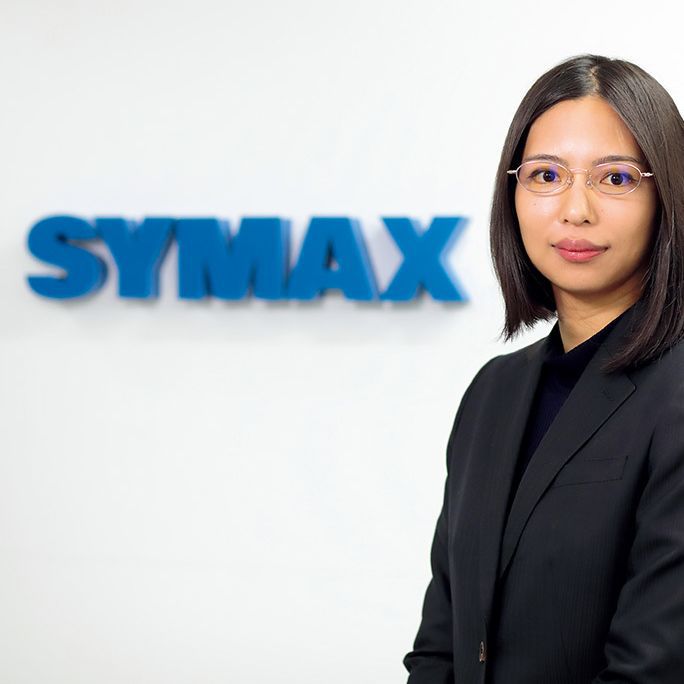A group of international students from different countries at Hokkaido University are working on a business plan to help achieve the Sustainable Development Goals (SDGs). Their plan was highly evaluated in a global business contest, commanding considerable attention.
The start-up, which is made up of a team of international students, was founded by the Nigerian Ifeanyi Chukwu, a student at Hokkaido University’s Graduate School of Fisheries Sciences. During his aquaculture research on the Nile tilapia ‘super fish,’ so called because of its faster than normal growth rate, Chukwu decided to use aquaculture technology to take on the challenge of youth unemployment in his home country. He heard about the Hult Prize, with its challenge for 2019 having been to “build the foundations of a venture that will provide meaningful work for 10,000 youth within the next decade,” and decided to apply. He believed that by investing the $1,000,000 prize money, he would be able to create employment opportunities for up to 15,000 young people in Africa within 10 years, beginning with about 500 young Nigerians in the first year.
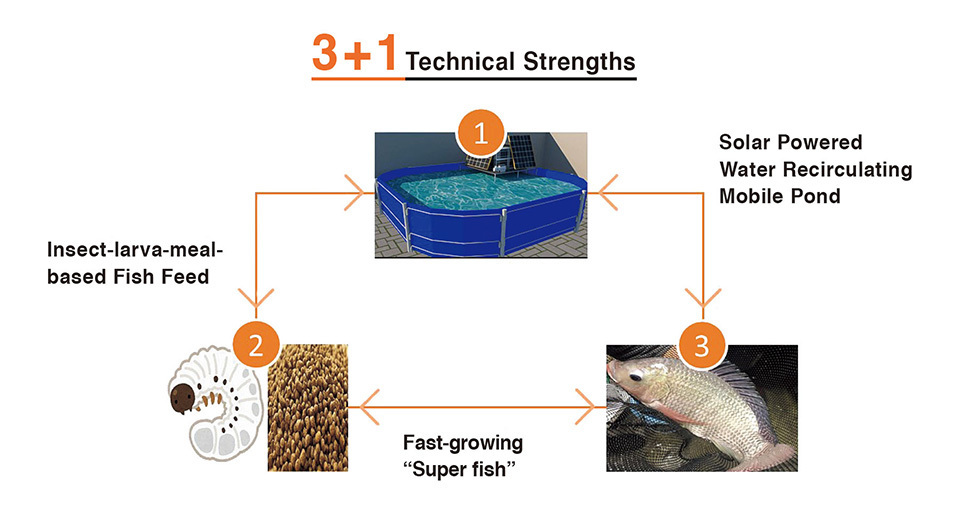
Aquamou's strategy for the aquaculture business. As well as achieving a sustainable process by using solar energy and insect-larva-meal, the company is improving on their smartphone app, which provides aquaculture network consultation.
Aquamou’s plan is to develop the aquaculture business by rearing the fast-growing tilapia in portable tanks that use solar energy to manage water quality. Insect-larva-meal would be use instead of fishmeal as it induces higher growth rates and can be easily cultivated anywhere. This would enable tilapia breeding in places where fish prices are high, leading to a sustainable business model. “Fish is a luxury for people in Nigeria. Usually only people who live close to rivers and coastal lines can readily afford to eat it. Therefore, we are cultivating the ‘super tilapia’ by creating a network of young people who will engage in the farming of tilapia using our special tools, so that people in all areas of my home country can have access to nutritious fish, while also creating employment for young people.” says Chukwu.
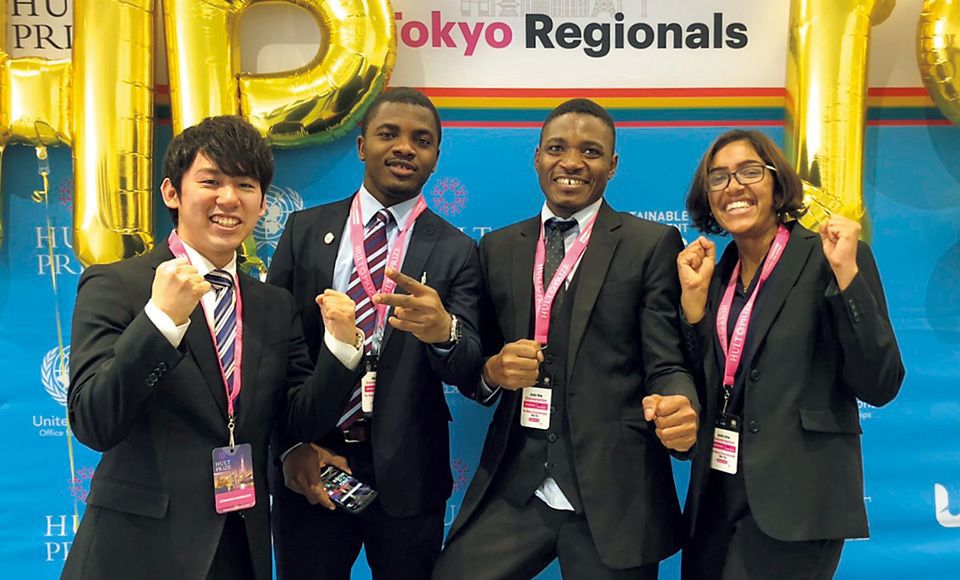
Three others studying in various fields at the same university worked with Chukwu on the project. Kelvin Ikogba, also from Nigeria, a structural engineering student, was responsible for designing the water tanks. Ranjani Rajagopal from India, a student of science, is in charge of public relations, while NISHIKORI Hidenobu, a Japanese student at the Graduate School of Fisheries Sciences, manages the finances. After the four students advanced from the qualifying stage in Tokyo, they learned how to run a social business during a five-week accelerator program in the UK. Rajagopal reflects, “Through this experience, I felt that you can create social change even if you’re in a different country, so long as you search for the right resources.”
In the future, Aquamou looks to raise funds and conduct market research to develop the aquaculture business. “In African countries, including Nigeria, Japanese brands like those of electrical products and cars have the added value of safety and security, and this project stemming from Hokkaido University in Japan is gaining attention,” remarked Ikogba. Looking ahead, Chukwu says, “A lot of friends and teachers in Japan have given me valuable insights regarding my ideas. I want to use what I’ve learned in Japan and make use of Japanese technology to achieve sustainable aquaculture in Africa.”
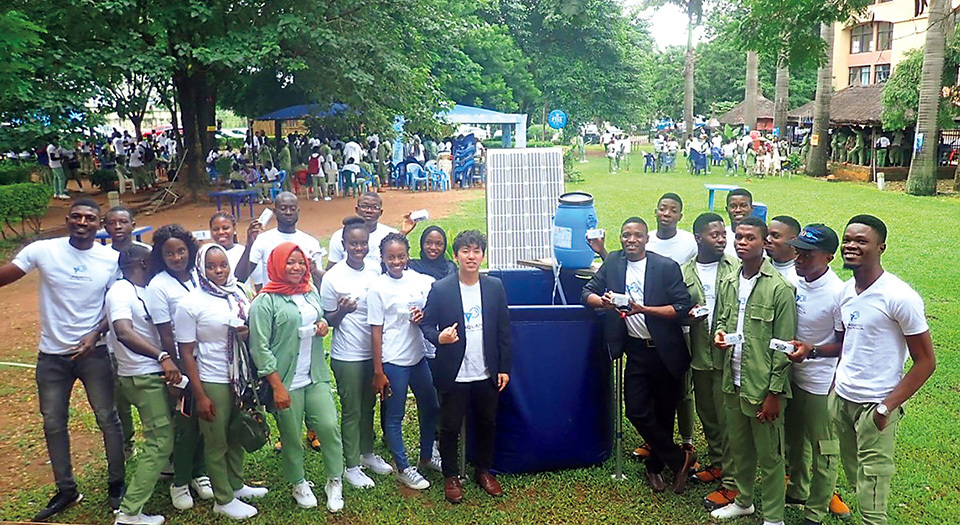
Young people in Nigeria working on the Aquamou project. They are now mainly carrying out experiments on the water tanks.
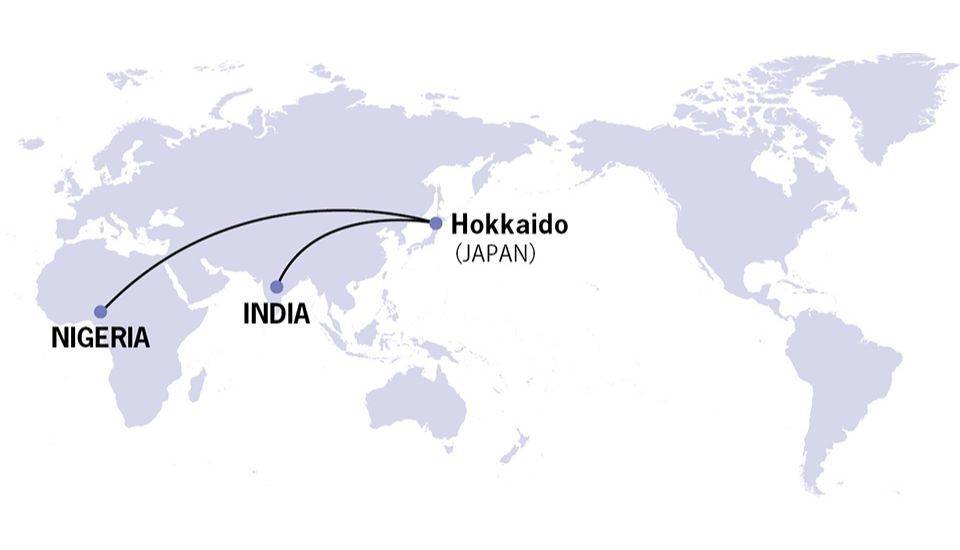
Aquamou
Established in 2018, Aquamou is a start-up company of Hokkaido University students led by Ifeanyi Chukwu from Nigeria. The company has advanced an aquaculture business in Nigeria using fast-growing “super fish” aquaculture technology developed at Hokkaido University.

























